Supreme Court : Overarching guidelines needed to guard personal information
Tue 01 Aug 2017, 23:27:56
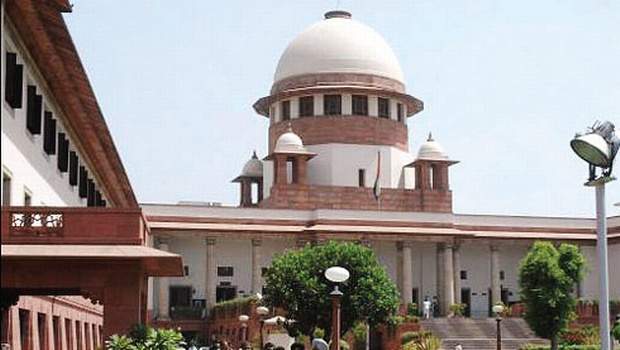
New Delhi: The Supreme Court on Tuesday said that there have to be "overarching" guidelines to protect an individual's in public domain to ensure that it was used only for an intended purpose.
A nine-judge Constitution bench, dealing with the contentious issue whether right to privacy was a fundamental right, rejected plea of a Gujarat government lawyer that misuse of personal information could be dealt with on a "case-to-case basis" and said an all-embracing guideline was needed keeping in mind the size of the population.
The bench, headed by Chief Justice JS Khehar, also referred to the fact that India was a signatory of a 1948 international convention which recognised t.
Referring to arguments put forward by the Maharashtra government on the issue, the court said, "Even if we accept it that the Constituent Assembly dealt with it (privacy issue) and decided against including it as a fundamental right, then how you will deal with the fact that India is a signatory to the Universal Declaration on Human Rights which recognises it."
The bench, which also comprised justices J Chelameswar, SA Bobde, RK Agrawal, R F Nariman, AM Sapre, DY Chandrachud, Sanjay Kishan Kaul and S Abdul Nazeer, said that there has to be an "overarching" or all-embracing guideline to ensure that the of individuals, put in public domain, was used only for an intended purpose.
"If I give personal information like names, parents' name and
telephone numbers for a particular purpose, then a reasonable expectation will be that it is used only for that particular purpose... (Otherwise) how we will deal with the violations?" it asked.
telephone numbers for a particular purpose, then a reasonable expectation will be that it is used only for that particular purpose... (Otherwise) how we will deal with the violations?" it asked.
On the issue that a large number of people have put their personal information in public domain, the bench said, "When you have so many users, then you cannot decide on facts of each case. You have to have over-arching principles or guidelines to regulate."
At the outset, senior advocate CA Sundaram, representing the Maharashtra government, said the apex court has been entrusted with the power of interpretation of the Constitution and the law and it cannot introduce right to privacy as a fundamental right under the Constitution.
"Parliament and only Parliament can do it," he said. "This is not a case of interpretation of the Constitution or the law. This is the case of introduction of a right as a fundamental right. This can be done only by Parliament," Sundaram said.
He then referred to the terms, interpretation, introduction and interruption and said that the courts could interpret, but not introduce privacy as a fundamental right.
In the Constituent Assembly debates, the forefathers of the Constitution had considered the issue of privacy and decided against including it as a fundamental right and if, now it was being felt that it should be considered as a fundamental right, then only Parliament could do it, he said.
No Comments For This Post, Be first to write a Comment.
Most viewed from National
Most viewed from World
AIMIM News
Latest Urdu News
Most Viewed
May 26, 2020
Is it right to exclude Bangladesh from the T20 World Cup?
Latest Videos View All
Like Us
Home
About Us
Advertise With Us
All Polls
Epaper Archives
Privacy Policy
Contact Us
Download Etemaad App
© 2026 Etemaad Daily News, All Rights Reserved.



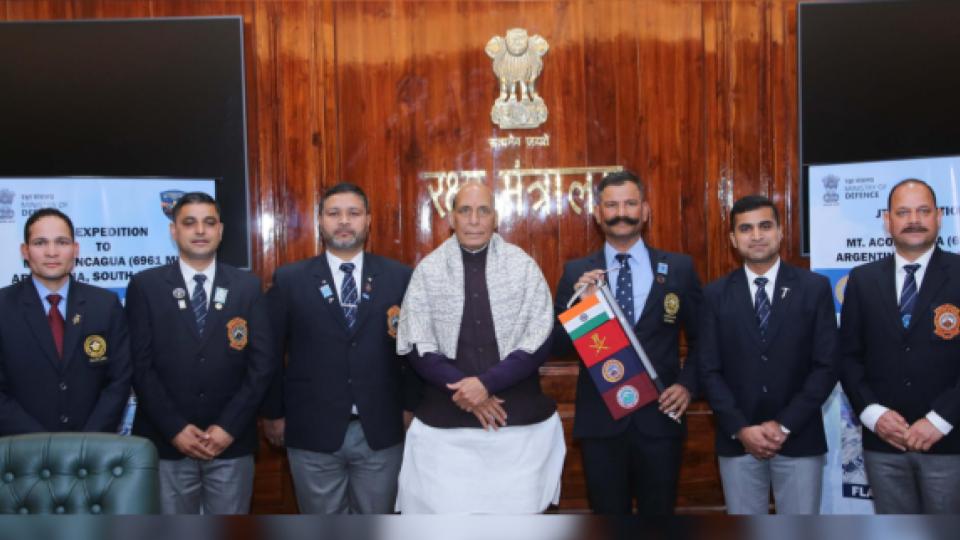


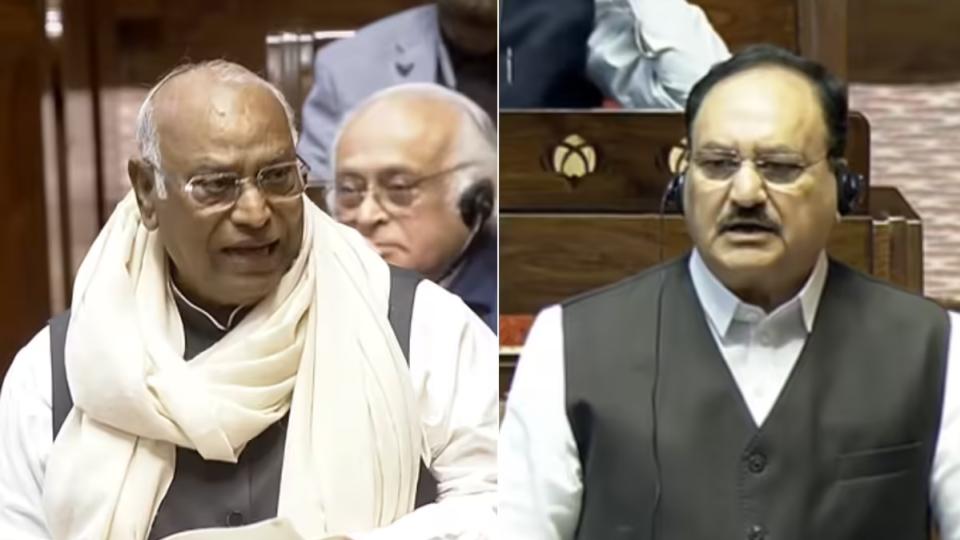


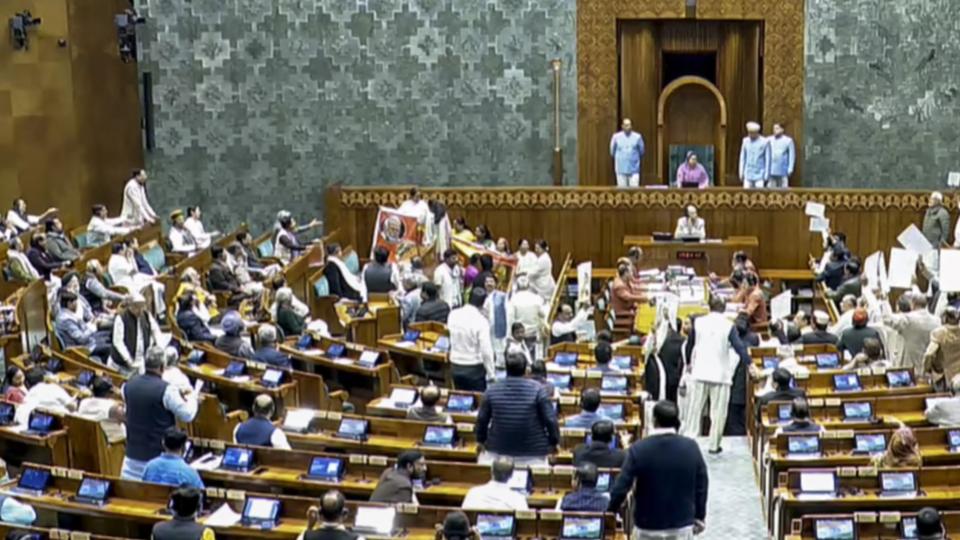

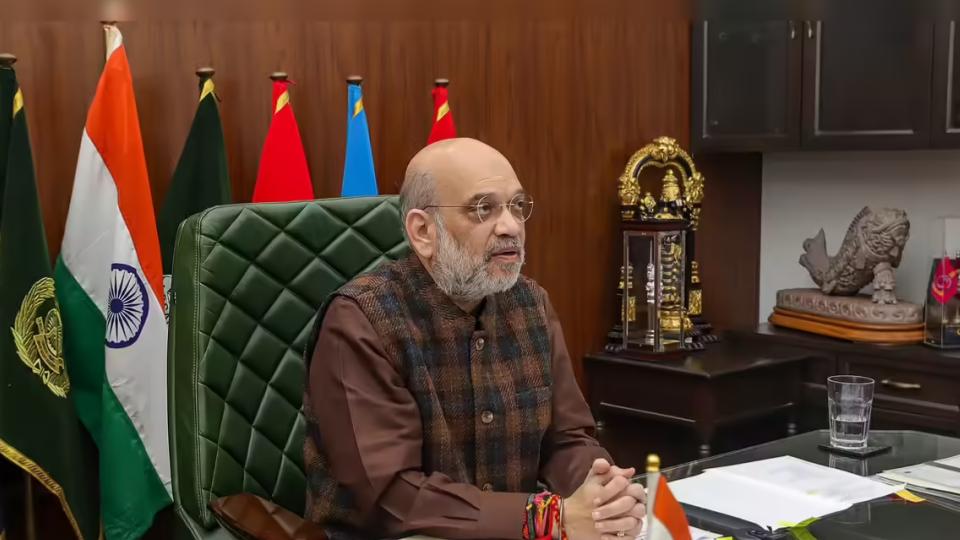
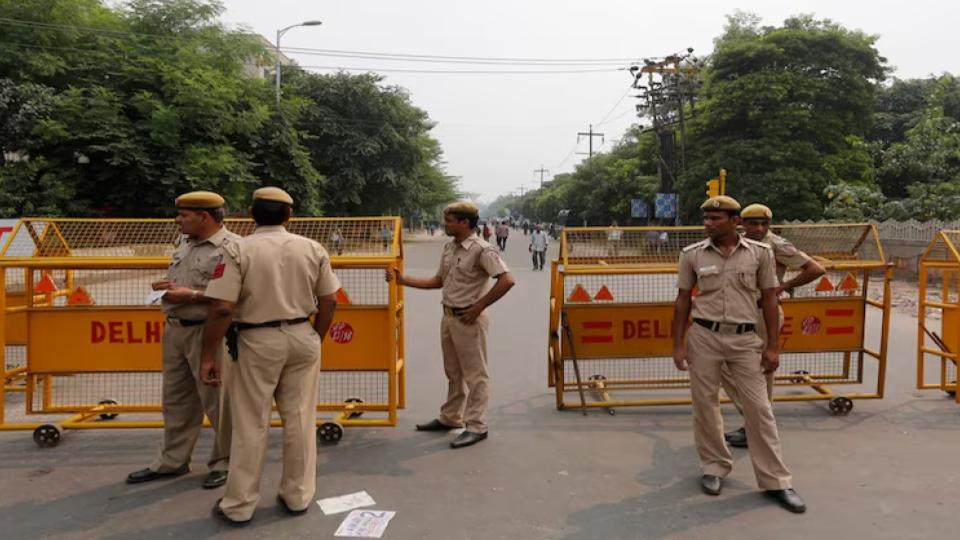

.jpg)

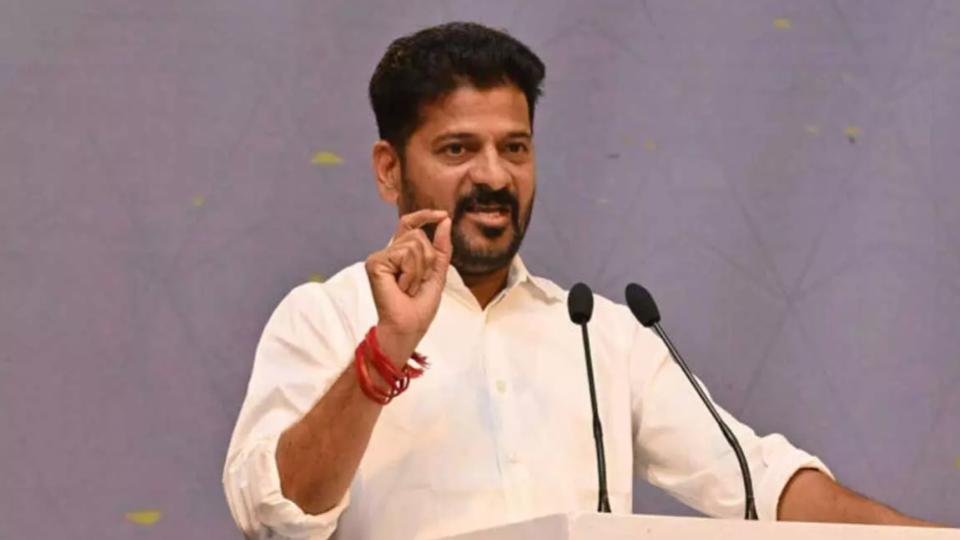



















.jpg)
.jpg)
.jpg)


